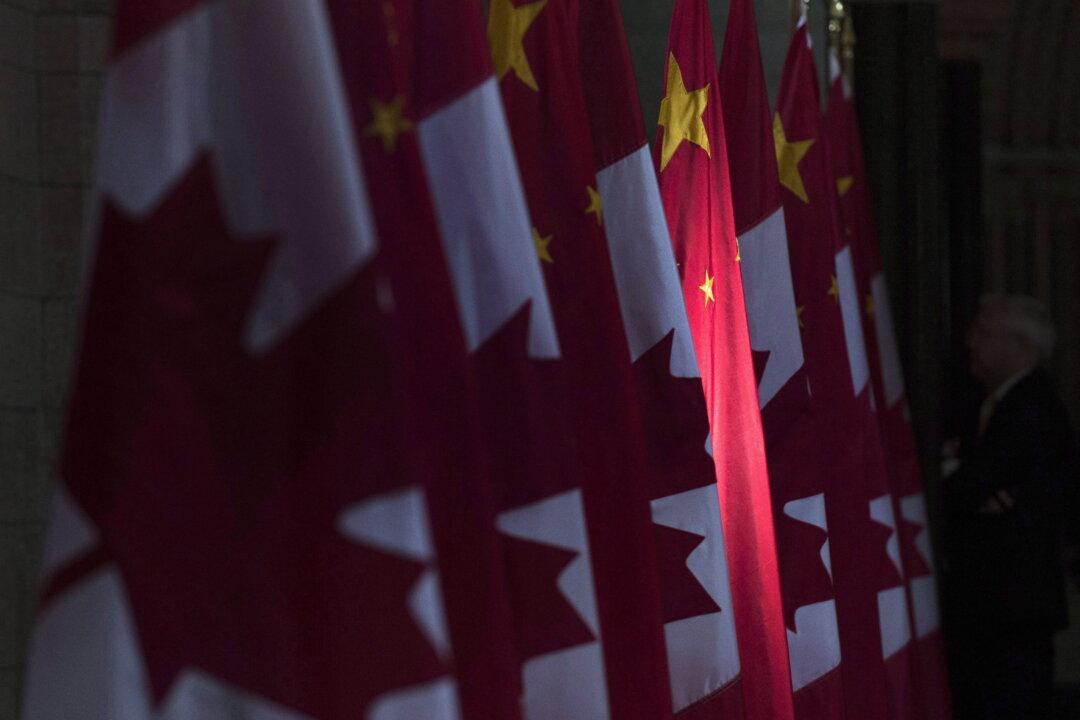Beijing’s influence operations not only exert political influence during Canadian election campaigns, but also extend to “politicians, public servants, political actors, former parliamentarians, and diplomats,” according to a report (pdf) published in May.
While influence operations orchestrated by the Chinese Communist Party (CCP) happen federally in Canada, the Chinese regime’s political influence strategy is more often aimed at politicians at the provincial and municipal levels, the report “In Plain Sight: Beijing’s Unrestricted Network of Foreign Influence in Canada” by Alliance Canada Hong Kong notes.





